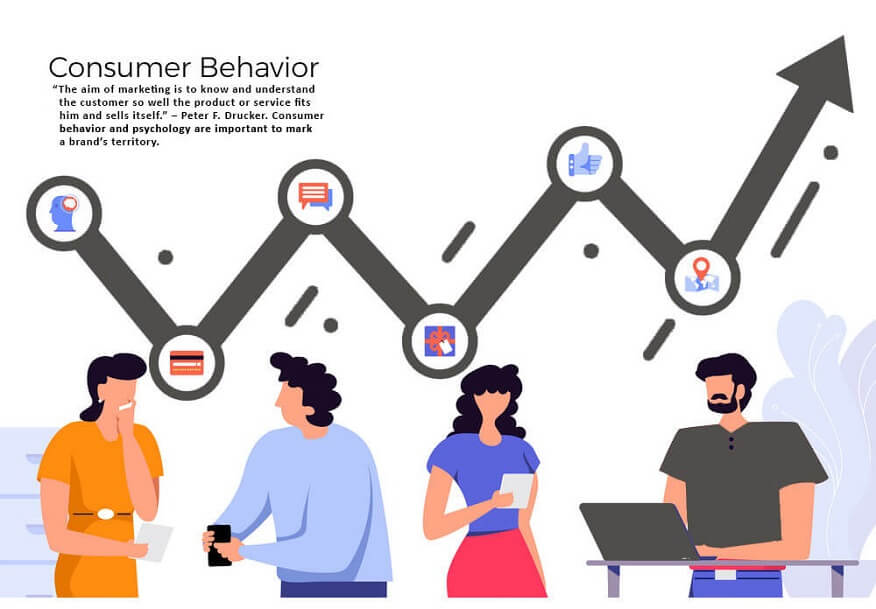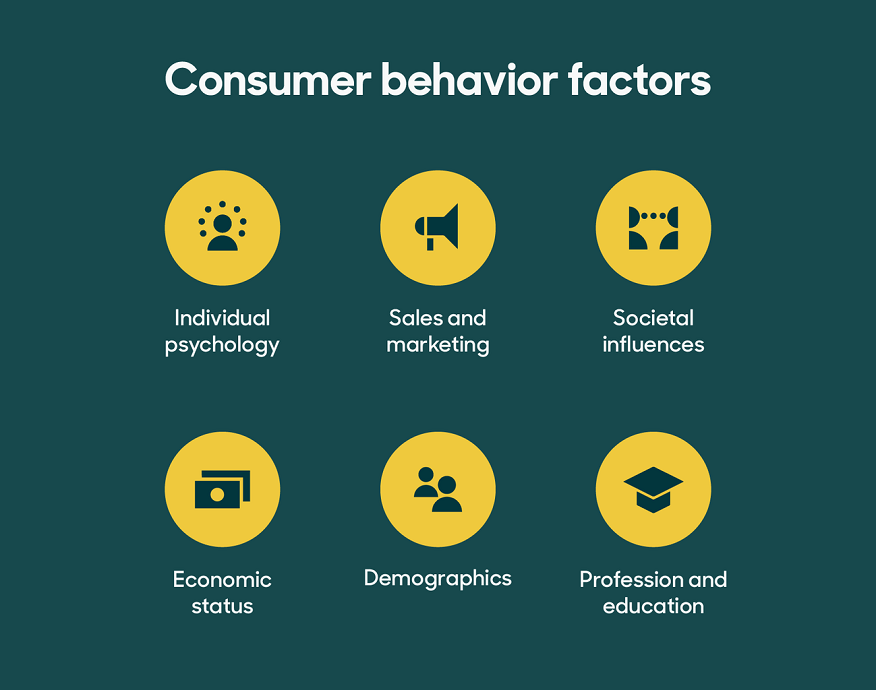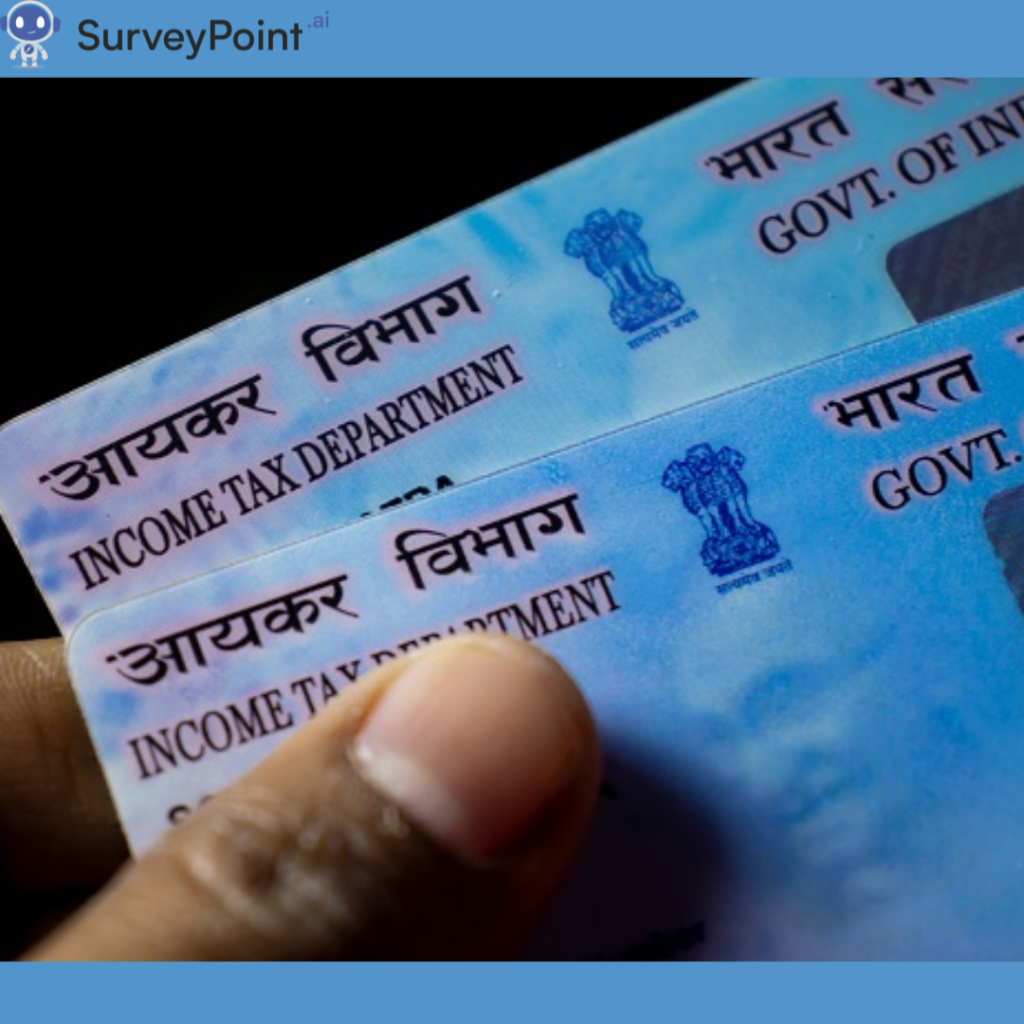
The actions and choices made by individuals or groups of people that have an impact on their purchasing decisions are referred to as consumer behavior. This consumer behavior definition entails both the psychological and physical aspects of buying and consuming products or services, including the study of how people select and use them.
Importance of Consumer Behavior Definition in Marketing

Consumer behavior is critical for businesses as they develop their marketing strategies. A marketer’s insights into the psychological, cultural, and social factors that influence consumer decisions are possible through consumer behavior.
Moreover, it enables them to design strategies that reflect their target audiences’ needs and pain points. Marketers can create more effective and persuasive marketing messages by taking the time to understand their consumer behavior definition.
What is Consumer Behavior Definition in Marketing?
An analysis of consumer behavior in marketing involves examining how individuals, groups, and organizations buy and dispose of products and services.
The process involves evaluating how people search for, purchase, use, evaluate, dispose of, and evaluate goods and services to formulate an effective marketing strategy.
It enables the business to understand its buyer before they even begin to market the product.
ALSO READ: Unlocking the Power of Behavioral Segmentation: Types and Steps Types of Consumer Behavior
To create successful marketing strategies and satisfy customers’ demands, marketers should understand various types of consumer behavior.
Let’s look into the four types of customer behavior and their impact on businesses:
Habitual Buying Behavior
Individuals who often purchase products without much thought are considered to have habitual consumer behavior. This behavior is beneficial for businesses as it provides a steady and predictable revenue stream.
Variety-seeking Buying Behavior
Consumers who seek variety are open to exploring new products and are interested in trying new products. This type of behavior makes it possible for companies to introduce new products and services, gaining customer loyalty through innovation.
Dissonance-reducing Buying Behavior
The dissonance-reducing type of consumer behavior pertains to individuals who experience a sense of doubt or anxiety after making a purchase decision.
To alleviate this feeling, they will seek validation from reviews, opinions of others, or return policies. Thus, businesses need to provide reassurance and excellent customer service to retain these customers.
Complex Buying Behavior
Lastly, complex buying behavior happens when a customer takes an active role in the purchasing decision-making process.
They have a thorough understanding of the considerable disparities among various brands. Before finalizing their buy, consumers do detailed research. Consumers collect information and check alternatives.
ALSO READ: Why is Geographical Segmentation Important for Marketing? Factors that Influence Consumer Behavior

The following factors influence the behavior of consumers:
1. Cultural Factors: Religion, beliefs, values, traditions, lifestyle, and customs influence consumer behavior. These elements can shape how consumers view products, services, and brands.
2. Social Factors: This includes family, friends, peers, and other social networks that affect consumer behavior. Consumers are often influenced by their peers’ opinions and behaviors when purchasing.
3. Personal Factors: Demographic information like age, gender, occupation, income, education, lifestyle, and personality are all critical in influencing consumer behavior.
4. Psychological Factors: Consumers’ attitudes and beliefs about a product or service can determine whether they decide to purchase it. These psychological factors—motivation, attitude, perception, and beliefs.
5. Situational Factors: Situational factors such as time, place, occasion, and mood can affect consumer behavior. For example, you will feel like purchasing a product or service if you urgently need it.
6. Economic Factors: Economic factors such as income, savings, and disposable income can influence consumer behavior.
7. Legal Factors: Legal factors such as laws, regulations, and policies can influence consumer behavior. For example, laws that support sustainable practices may influence consumers to purchase eco-friendly products.
Consumer Behaviour Examples
Consumer behavior offers the following examples:
1. Impulse buying: occurs when consumers buy items without thinking or planning ahead. It occurs when a consumer is spontaneously drawn to an item and buys it on the spot.
2. Brand loyalty: when consumers stick to a particular brand despite cheaper alternatives being available. Consumers are more likely to purchase a familiar product, even if it is more expensive than a similar product from a different brand.
3. Price sensitivity: determines how sensitive a consumer is to price changes. Consumers often take the cost of a product into account when making a purchasing decision. They will often opt for a cheaper alternative if one is available.
4. Needs vs. wants: This concept explores the difference between products essential to our lives (needs) and those that are not (wants). Consumers often need to make decisions between items where one may be more expensive than the other.
ALSO READ: 11 Actionable Strategies to Improve Consumer Survey Things to Consider While Analyzing Customer Behavior

The following factors should be considered while analyzing customer behavior:
- Understand the customer’s needs, wants, and motivations and analyze the customer’s buying process.
- Identify customer segments and demographics.
- Monitor customer loyalty and customer satisfaction.
- Track customer trends and interactions.
- Understand the customer’s cultural background.
- Analyze customer buying habits, customers search for information, purchase patterns and buying decisions.
- Research customer preferences and monitor customer sentiment.
- Develop customer personas and Identify customer influencers.
- Leverage customer data and understand the customer journey.
- Analyze customer behavior across channels.
Conclusion
Consumer behavior definition is an important step that can be taken in order to sell products and services effectively. Grasping consumers’ motivations and needs is critical to designing marketing strategies.
Thus, ensuring the business satisfies their needs and wants. Identifying and targeting their audience in the market requires taking into account different aspects of consumer behavior.
Not Sure Where To Begin?
Explore our solutions to discover what is most important to your customers,
clients, and prospects. And best of all – it doesn’t take any coding!
Free Trial • No Payment Details Required • Cancel Anytime




